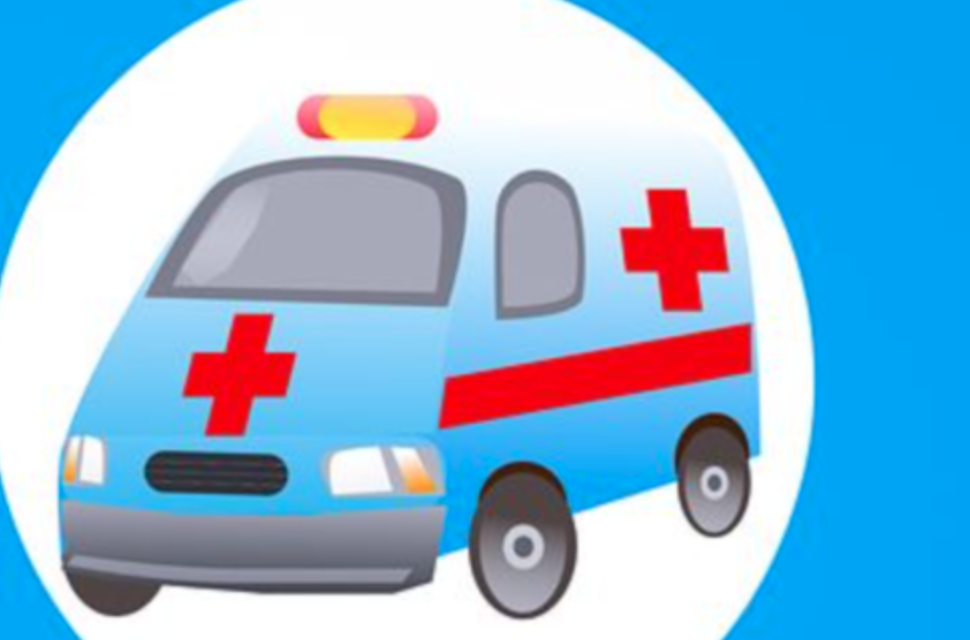North Carolina is taking its opioid fight on the road.
This month, the state unveiled its first Mobile Opioid Treatment Program unit – the first of its kind in North Carolina – with plans for as many as ten more on the way before the end of the year.
The idea is straightforward but significant: If people struggling with opioid addiction can’t easily get to treatment, the state will bring treatment to them.
The new unit will be operated by Morse Clinics, which has spent years providing opioid treatment programs in North Carolina. Morse already runs clinics in Wake, Chatham, Johnston, Halifax, Granville, Franklin, Warren, Northampton, Person, Orange, Randolph, Vance, Harnett and Durham counties.
Those brick-and-mortar locations provide counseling and medications for opioid abuse disorder. Now the group is moving into the mobile space so that it can reach patients in smaller towns and rural communities who might otherwise face long drives and unreliable transportation when attempting to begin their recovery.
The numbers point to why access matters.
According to the North Carolina Department of Health and Human Services, the number of people entering opioid treatment programs in the state has increased by 25 percent over the past five years. That growth shows more people are choosing treatment, but it also makes clear that the existing clinics can’t always keep up with the demand. So, the state’s approach with mobile units is to cut down on waiting lists, reduce barriers, and make treatment more practical for those trying to take the first step in the battle against addiction.
Like all opioid treatment programs, the new mobile unit had to clear both state and federal hurdles before it could begin serving patients.
In North Carolina, the State Opioid Treatment Authority – or “SOTA” – reviews each application to ensure it meets licensing standards. Once that step is complete, the application is sent to the federal Substance Abuse and Mental Health Services Administration, which then issues the required federal certification.
Without both approvals, no opioid treatment program — fixed or mobile — can open its doors.
The mobile treatment program comes at a time when state leaders are under pressure to confront the opioid crisis that continues to claim thousands of lives every year. State officials have emphasized that while overdose deaths make headlines, the quieter story is the number of people working toward recovery who need support systems in place to succeed.
Treatment combined with counseling is widely recognized as the most effective long-term path out of addiction.
The funding for many of the new mobile units has an unusual source.
After Hurricane Helene, North Carolina received federal disaster relief funds, and $3.75 million of that money was directed to the Department of Health and Human Services for opioid treatment expansion. The state has provided that money to Vaya Health, a local management entity that coordinates mental health and substance use services across western and central parts of the state. Vaya will oversee six of the mobile units expected to roll out before the end of the year.
For Morse Clinics, this launch marks another step in its effort to expand access to treatment. The organization already operates nine permanent sites across eight counties. Its staff uses what’s known as Medications for Opioid Use Disorder, or “MOUD,” paired with counseling and peer support.
Patients are treated for opioid addiction stemming from heroin, fentanyl, prescription painkillers and other drugs. The clinic is led by Dr. Eric Morse, a psychiatrist certified in addiction medicine who’s been at the forefront of efforts to expand care in the state.
Morse Clinics has made it clear that the mobile unit isn’t a symbolic gesture but a practical extension of its work. The new unit will deliver the same services available at fixed sites – but with the flexibility to park in communities where the need is greatest.
That means more addicts and others with drug problems will be able to start treatment without having to travel across county lines or rely on a family member or friend for transportation.
The state’s decision to license mobile units also reflects a shift in thinking as to how treatment should be delivered. For years, opioid programs were centered in larger cities and required patients to fit into a system that didn’t always account for daily challenges such as child care, work schedules and lack of reliable transportation.
The mobile approach, on the other hand, acknowledges that recovery simply can’t wait until the circumstances are convenient.
The unveiling of the first unit drew attention from state officials, health leaders and peer recovery specialists; however, the long-term importance goes beyond a ribbon-cutting. Officials at the Department of Health and Human Services have said the goal is to normalize treatment, reduce stigma and make opioid recovery a part of everyday health care instead of something people have to go searching for.
For families who’ve lost loved ones, and for communities that have struggled with rising overdose deaths, the hope is that these mobile clinics will offer a practical lifeline. They represent an acknowledgment that the system needs to adapt to meet the scale of the crisis – and that reaching people directly where they live could be one of the most effective ways to break the cycle of addiction.
The opioid epidemic has unfolded unevenly across North Carolina – with rural counties often reporting some of the highest overdose rates.
At the same time, those areas tend to have the fewest treatment options available.
State leaders believe the mobile approach is one of the best ways to close that gap and ensure that someone seeking help can get the help they need with little to no delay.


Good luck. Hope there is some success.